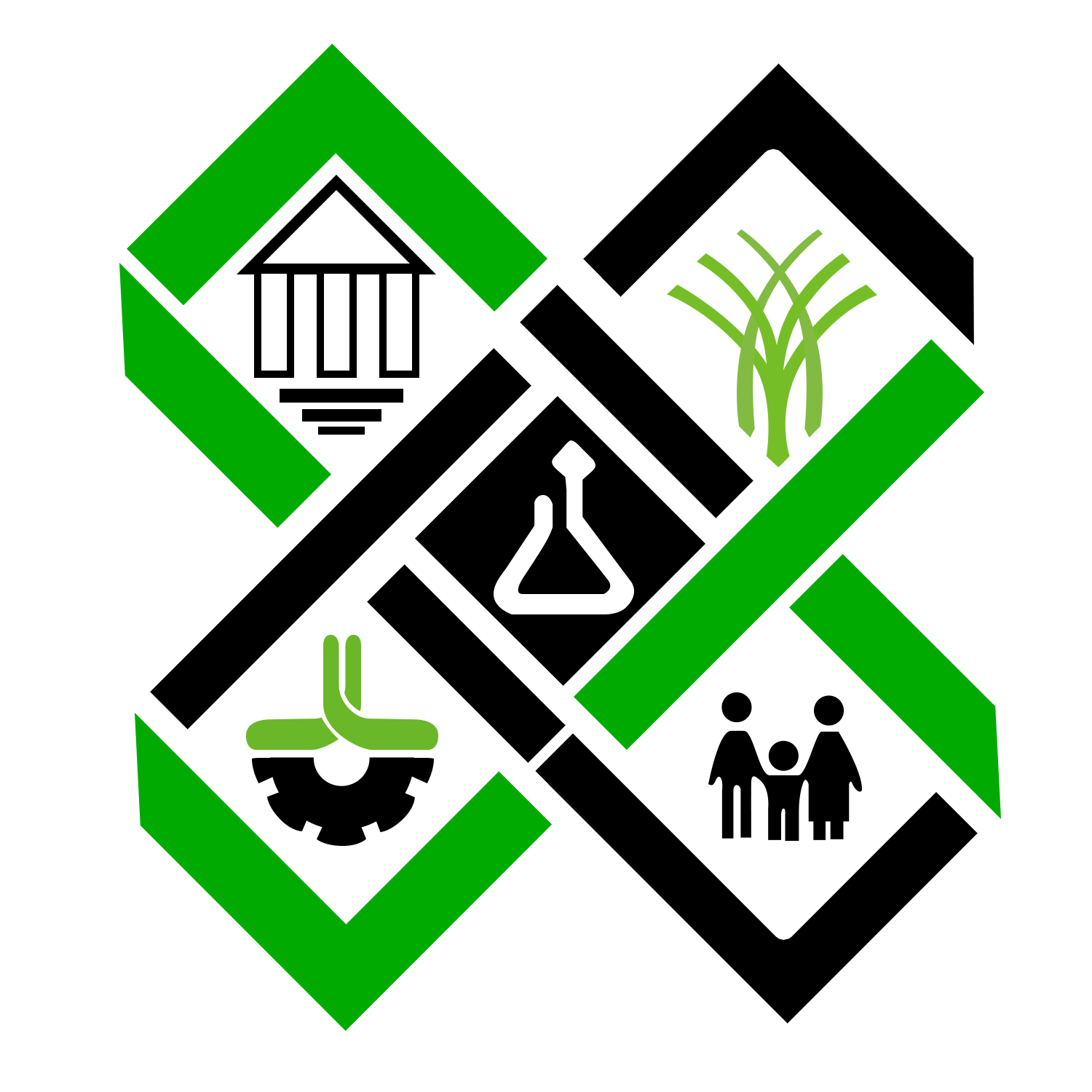What is Institute of Food Science and Technology?
IFST asserts its role in the food manufacturing industry by enhancing collaborative research and providing vital services that will uplift the small industries as well as ascertain the position of IFST in the operations of the big players in the industry to further achieve or maintain their corporate stature. Participation of IFST in the crucial steps of raw material sourcing, quality control programs and manufacturing will provide a strong link between the industry and IFST. The alignment of the functions of IFST to the needs of the industry will strengthen its role for a more progressive Philippine agriculture. It will also accomplish its mandate to help farmers in promoting their produce through value adding and linking with the food industry to introduce and create new product lines from diverse raw materials found in the country. Further, the IFST will continue to:
- develop a critical mass of leaders, teachers, researchers and extension workers in food science and technology;
- generate basic information through research for the efficient handling, distribution, processing and utilization of agricultural produce;
- develop appropriate and efficient food handling and processing technologies; and provide technical assistance to the various sectors of food industry, particularly the small and the medium enterprises SMEs

History
1965 – The Food Science and Technology program started with the creation of the Food Science Division under the former Department of Agricultural Chemistry in the College of Agriculture.
1971 – The existing Food Science building was occupied.
1972 – The Food Science Division was elevated to a department performing a trilogy of functions namely instruction, research and extension.
1982 – The Food Science Department was elevated to an Institute to assume a more aggressive and meaningful role in providing instruction and training to food industry personnel while responding to research and development needs of small and medium scale food industries.
1986 – The Institute became one of the centers of excellence in Los Baños scientific community.
2003 – The Institute was renamed to Food Science Cluster after re-organization of the College of Agriculture.
2016 – The Food Science Cluster was renamed back to Institute of Food Science and Technology after the Board of Regents approved the renaming of the College of Agriculture to College of Agriculture and Food Science.
Mission
To assist the food industry to produce safe, quality, wholesome, and nutritious foods and enhance the global competitiveness of the Philippine foods through instruction, research, and extension.
Vision
A center of excellence in food science and technology providing knowledge and expertise towards a dynamic and progressive food industry.
Domain
IFST has 3 domains: (a) instruction, (b) research, and (c) extension. It covers cost-effective utilization, processing or conversion of raw agricultural and fishery commodities into safe, quality, and affordable food and food products. It also deals with quality concerns at the interface between the production and consumption of food.
Instruction
IFST offers undergraduate (B.Sc.) and graduate programs in Food Science that lead to Master of Science (M.Sc.) and Doctor of Philosophy (Ph.D.) degrees for people holding or aiming for key positions in the academe, research institutions, food industry, and government. Currently, there are 23 undergraduate and 14 graduate courses offered. These afford students more latitude and flexibility in developing their programs both in the undergraduate and graduate levels.
The food technology program offered is relevant and responsive to the needs of modern times. B.S. Food Science & Technology graduates obtain a balanced and well-rounded education, allowing them to be adaptive to the demands and challenges of the industry. to keep up with the current trends, the curriculum is regularly streamlined. Thus, it continues to attract students from all walks of life from different regions of the country. Every semester, IFST programs have a total population of over 450 students.
The contribution and impact of the Food Science and Technology program to the national development is enormous, considering that food manufacturing is one of the biggest, if not the largest sector in industry today.
The commitment of the faculty, staff and alumni to excellence is an assurance of the continued relevance of the Food Science and Technology program today and in the future.
Research
The institute conducts research on food science and technology including product and process research and development, food engineering, and management. Currently, it integrates research activities and develops programs for the handling and processing of economically important food products. The research projects of the institute focused on the following:
1. Improvement of traditional technology for the processing and utilization of indigenous raw
materials;
2. Development of new products, processes and processing equipment;
3. Packaging, handling and distribution;
4. Development of low-cost kit for determining process schedule in foods
5. Management and maximization of energy use in food processing plants; and
6. Establishment and implementation of quality control systems.
Extension
Like other government agencies, the institute is dedicated to:
a. Assist the food industry particularly the small and medium enterprises (SMEs) on their technical requirements;
b. Provide reasonable use of pilot plant, laboratory and other facilities by SMEs to maximize benefits and optimize utilization;
c. Conduct short courses / trainings / seminars / workshops on food processing for students, homemakers, and entrepreneurs;
d. Conduct analytical services for students and SMEs; and
e. Develop food product and process development prototypes for SMEs.
